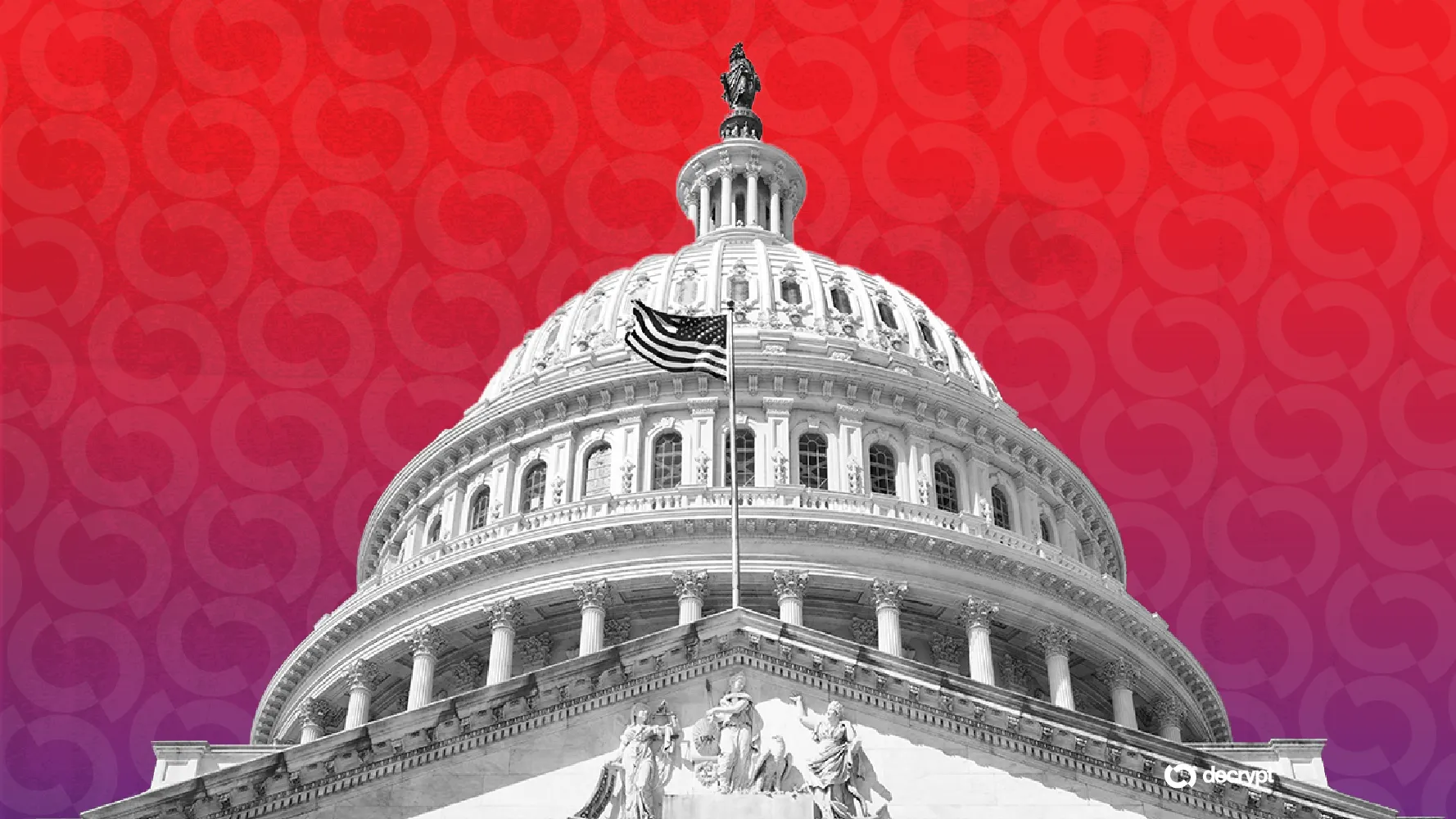In brief
- Sen. John Kennedy (R-LA) said the Senate is “not ready” for sweeping crypto market rules, warning lawmakers still have “a lot of questions.”
- Sen. Tim Scott (R-SC), chair of Senate Banking, has insisted on a September 30 markup, despite pushback from Democrats and fellow Republicans.
- Policy experts say rushing a “full leap” bill could backfire, urging lawmakers to resolve unanswered questions first.
Senator John Kennedy (R-LA) challenged Senate Banking Committee Chair Tim Scott's September 30 deadline for advancing crypto market structure legislation on Wednesday, as experts warned of “deep uncertainty” over digital asset regulation and institutional readiness.
Kennedy told reporters the committee isn't prepared to move on the Senate's version of comprehensive crypto market structure legislation that would complement the House-passed CLARITY Act, according to a POLITICO report.
"I don't think we're ready," Kennedy said. "People that I talk to still have a lot of questions. I know I still have a lot of questions."
The current legislative push follows July's passage of the GENIUS Act, which established federal rules for dollar-pegged stablecoins. But Kennedy dismissed that achievement as preliminary compared to the broader regulatory framework now under consideration.
"As important as the GENIUS Act was, it was a baby step," Kennedy said. "This is a full leap. And we've got to get it right."
Sweeping legislation
Industry experts note that the stablecoin legislation represented a targeted approach focused on one asset class, while the proposed market structure bill would establish comprehensive rules across the entire digital asset ecosystem.
"Senate debate over the GOP's market structure bill highlights deep uncertainty about regulating digital assets," Nitesh Mishra, co-founder and CTO at hedging platform ChaiDEX, told Decrypt.
Mishra said one reason for the delay is that “traditional banks aren’t ready” for rapid change, citing risk management, compliance, and technology gaps that leave them wary of digital asset exposure.
‘Central banks often act as brakes,” he said, insisting on strict consumer protection standards and limiting direct engagement with crypto.
Without addressing those structural issues, Mishra cautioned, fast-tracking sweeping reforms “will remain unrealistic and potentially risky for broader financial stability.”
Crypto industry lobbying
The crypto industry has invested heavily in Washington lobbying to secure regulatory clarity, making the market structure legislation a top priority.
Companies view clear federal rules as essential for operating in the U.S. market under the Trump administration's more favorable stance toward digital assets.
The House's CLARITY Act faced pushback from DeFi advocates who said it would force platforms to implement centralized exchange-like restrictions.
Scott acknowledged in August that Democratic support for the market structure bill may be weaker than the bipartisan backing that helped pass the stablecoin legislation, estimating "somewhere between 12 and 18 Democrats will likely support the bill,” fewer than the 18 Democrats who backed the GENIUS Act.
With Republicans holding a narrow 53-seat majority, Scott needs at least seven Democrats to join a unified GOP caucus—but Kennedy's public doubts suggest even Republican unity cannot be assumed.

